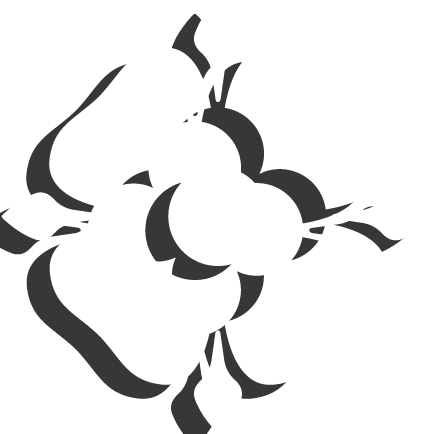Year 09 Functional Skill Maths
Curriculum:
Due to the flexible nature of external assessments during the course and the bespoke teaching to each student's needs then the content below can be taught at any time to best support individualised progress.
Your teacher will advise you as to which section of the Course Content you are currently working on.
- Understand and use whole numbers to 100 and count reliably up to 20 items
- Understand and use addition/subtraction in practical situations
- Recognise sequences of numbers including odd and even numbers
- Understand and use multiplication in practical situations, where necessary using repeated addition to calculate
- Complete calculations using whole numbers
- Understand and use halves and quarters and find halves and quarters of small numbers of items
- recognise and use familiar measures including time and money
- recognise sequences of numbers including odd and even numbers
- read simple scales to the nearest labelled division
- use properties of simple 2D and 3D shapes
- Extract information from simple lists
- Record results.
- Understand and use whole numbers to 1,000
- Complete written calculations with two-digit numbers
- Add and subtract using three-digit numbers
- Solve whole number problems involving multiplication and division
- Use mental recall of multiplication tables 2, 3, 4, 5 and 10
- Round to the nearest 10 or 100
- Understand and use simple fractions
- Understand decimals to two decimal places in practical contexts
- Recognise and describe number patterns
- Understand, estimate, measure and compare length, capacity, weight and temperature
- Complete simple mental calculations involving money and measures
- Recognise, name and draw simple 2D and 3D shapes
- Use metric and imperial units in everyday situations
- Extract and use information from lists, tables, simple charts and graphs, and make comparisons of this information
- Check accuracy of calculations and results
- Present findings to make sense to others.
- Understand and use whole numbers and recognise negative numbers in practical contexts
- Add, subtract, multiply and divide whole numbers using a range of mental methods
- Multiply and divide whole numbers by 10 and 100 using mental arithmetic
- Understand and use equivalences between common fractions,decimals and percentages
- Add and subtract decimals up to two decimal places
- Solve simple problems involving ratio, where one number is a multiple of the other
- Use simple formulae expressed in words for one- or two-step operations
- Solve problems requiring calculation, with common measures including money, time, length, weight, capacity and temperature
- Convert units of measure in the same system
- Work out areas, perimeters and volumes in practical situations
- Construct models and draw shapes, measuring and drawing angles and identifying line symmetry
- Extract and interpret information from tables, diagrams, charts and graphs
- Collect and record discrete data and organise and represent information in different ways
- Find mean and range
- Use probability to show that some events are more likely to occur than others
- Understand outcomes, check calculations and explain results.
- Understand and use positive and negative numbers of any size in practical contexts
- Carry out calculations with numbers of any size in practical contexts
- Understand, use and calculate ratio and proportion, including problems involving scale
- Understand and use equivalences between fractions, decimals and percentages
- Add and subtract fractions; add, subtract, multiply and divide decimals to a given number of decimal places
- Understand and use simple equations and simple formulae involving one- or two-step operations
- Recognise and use 2D representations of 3D objects
- Find area, perimeter and volume of common shapes
- Use, convert and calculate using metric and, where appropriate, imperial measures
- Collect and represent discrete and continuous data, using ICT where appropriate
- Use and interpret statistical measures, tables and diagrams, for discrete and continuous data, using ICT where appropriate
- Use statistical methods to investigate situations
- Use a numerical scale from 0 to 1 to express and compare probabilities.
Subject Overview:
Functional Skills is a qualification designed for individuals that would struggle with the large amount of content expected to be learned in a typical Mathematics GCSE. The course focuses strongly on numerical literacy and problem-solving skills, often setting questions in terms of real-life situations rather than abstract number calculations. It provides a foundation for progression to employment or further education and helps develop skills useful in everyday life.
Functional Skills is a qualification accepted by further education establishments, with the highest level deemed an equivalent to a pass in GCSE Mathematics.
Assessments:
In addition to the continual assessment of progress being carried out by the teacher, students are assessed internally at the end of each term.
Unlike the GCSEs there are no set times for the Entry Level and Functional Skills examinations. Students can sit these external exams whenever the school feels they are ready.

